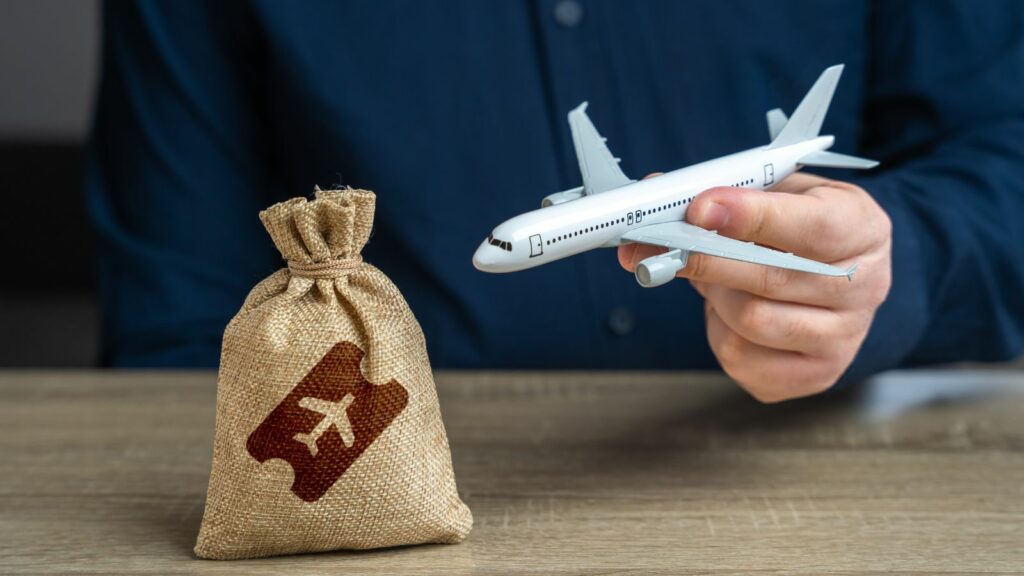Traveling in 2024 may seem straightforward when you budget for flights and hotels, but hidden expenses can add up quickly. From extortionate baggage fees to hidden hotel charges, we look at 21 surprising realities about the cost of travel.
Dynamic Airline Pricing
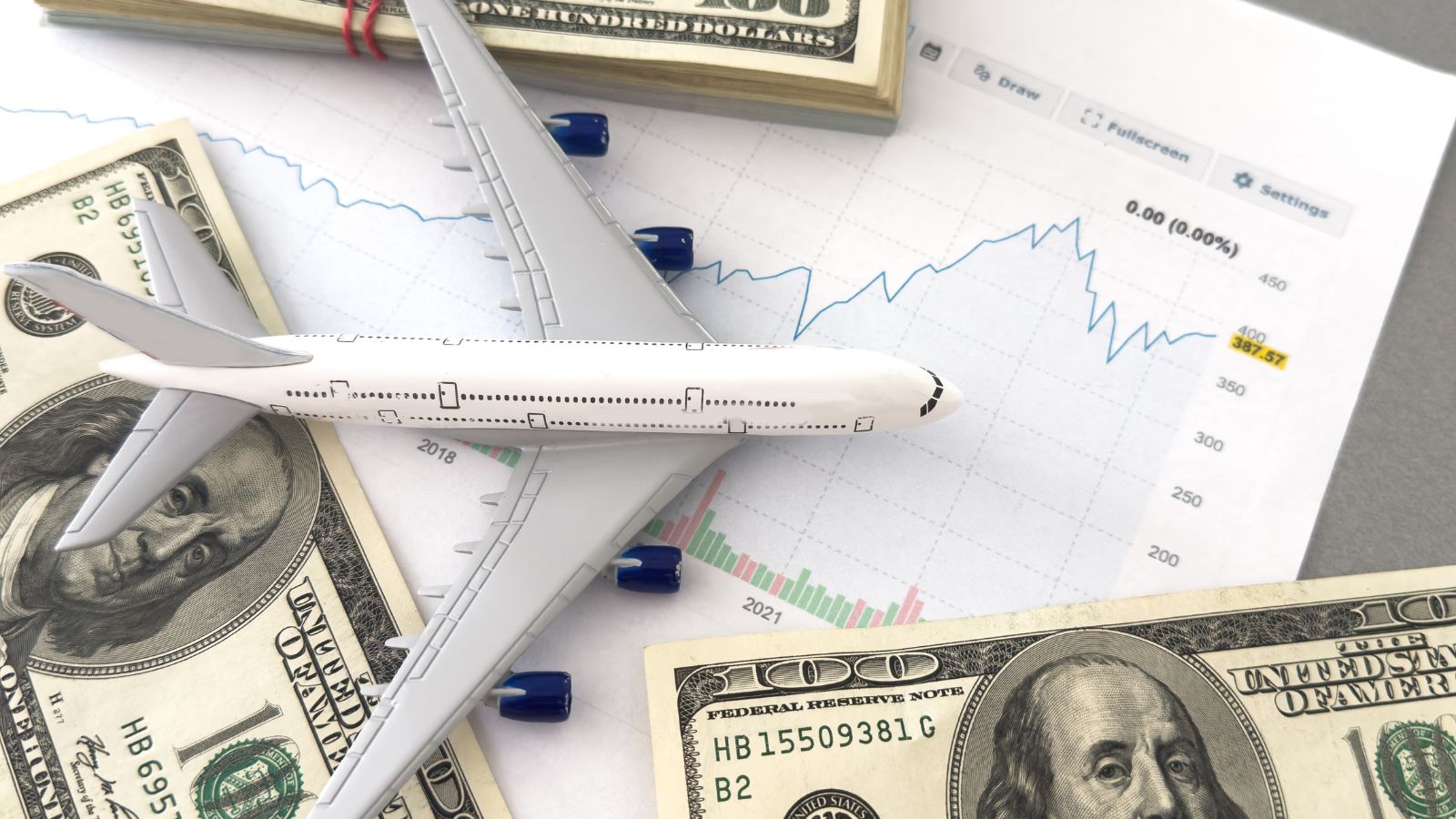
Airlines use AI-driven dynamic pricing, meaning ticket prices fluctuate based on demand, time of booking, and even your browsing history. Clearing your cookies or using incognito mode can sometimes help, but costs remain unpredictable. Planning ahead and tracking fares through fare comparison websites can help, but be prepared for last-minute surcharges and baggage fees that add up unexpectedly.
Baggage Fees Are More Expensive Than Ever

Checked baggage fees have increased significantly in 2024, with many budget airlines charging extra even for carry-ons. Some airlines have also introduced weight-based pricing, meaning you could pay far more for a slightly overweight bag. Avoiding these costs requires careful packing, investing in an airline-compliant carry-on, or opting for an airline with a more generous baggage policy.
Travel Insurance Increases

With the uncertainty of global travel, comprehensive travel insurance has become essential. However, policies now cost more due to expanded coverage for pandemics, trip cancellations, and climate-related disruptions. While opting for the cheapest plan may seem tempting, it might not cover all contingencies, potentially leaving you with unexpected out-of-pocket expenses.
Visas Are Increasing

Many countries have implemented new or increased visa fees in 2024 to compensate for lost tourism revenue. Some destinations now require mandatory electronic travel authorizations (ETAs) or tourist taxes, even for previously visa-free travelers. Always check the latest entry requirements and factor these into your budget before booking a trip.
Additional Accommodation

Hotels and vacation rentals now frequently charge hidden fees like resort fees, cleaning fees, and service charges. These can add up to 20–30% more than the advertised rate. Before booking, read the fine print carefully and consider booking directly with hotels, as third-party sites may not always disclose all fees upfront.
City Tourism Taxes Are Rising

Many popular destinations have increased tourism taxes to manage overcrowding and environmental impact. Cities like Amsterdam, Venice, and Barcelona have imposed higher daily charges per visitor. These fees are often included in your hotel bill but may also be collected separately at check-in, so double-check before you arrive.
Transportation Costs Extend Beyond Flights

Getting around in a foreign country isn’t always cheap. Travelers are facing higher transportation costs across the board. Rental car rates have surged due to demand and inflation, fuel prices remain unstable, and ride-sharing apps are adding peak-hour surcharges, all contributing to a significant strain on travel budgets. Public transportation remains the most cost-effective option, but even metro fares have increased in major cities.
Airport Transfers Can Be Pricey

Many travelers forget to account for transportation from the airport to their accommodation. Airport taxis, private transfers, and even train fares from airports have increased in cost. Some airports charge premium fees for ride-share pickups, making it crucial to research alternative transport options before arriving.
Data Roaming Charges Are Still a Concern

Although many carriers now offer international data plans, roaming fees remain high if you’re not on the right plan. Some countries have new telecom regulations limiting access to foreign SIM cards, forcing travelers to use expensive local options. To avoid excessive costs, you should consider eSIM technology or purchasing a local SIM card upon arrival.
Bank Fees on Foreign Transactions Add Up

Using a credit or debit card abroad can come with hidden fees. Many banks charge foreign transaction fees of 3% or more per purchase. ATM withdrawal fees have also increased, and some ATMs charge both local and international transaction fees, so it’s best to find a travel-friendly bank card with no foreign fees can help reduce these expenses.
Fluctuation in Currency Exchange Rates

Currency exchange services at airports or tourist hotspots often offer poor rates and high commissions. Even digital currency conversion through credit cards can include hidden markup fees. Using a reliable exchange service, withdrawing cash from a no-fee ATM, or using a multi-currency travel card can help mitigate losses.
Dining Costs More Than You Expect

Eating out while traveling can be surprisingly expensive, especially in tourist-heavy areas where restaurants inflate prices. Many destinations have introduced service charges or mandatory tipping, which can increase costs by 10-20%. Opting for local markets, street food, or accommodations with kitchen access can help cut dining expenses.
Attractions and Tours Have Hidden Fees

Tourist attractions often have hidden costs beyond the ticket price. Many require reservations, booking fees, or added charges for guided tours. Even “free” attractions may have mandatory donations or photography permits that catch travelers off guard.
Mandatory Travel Apps and Permits
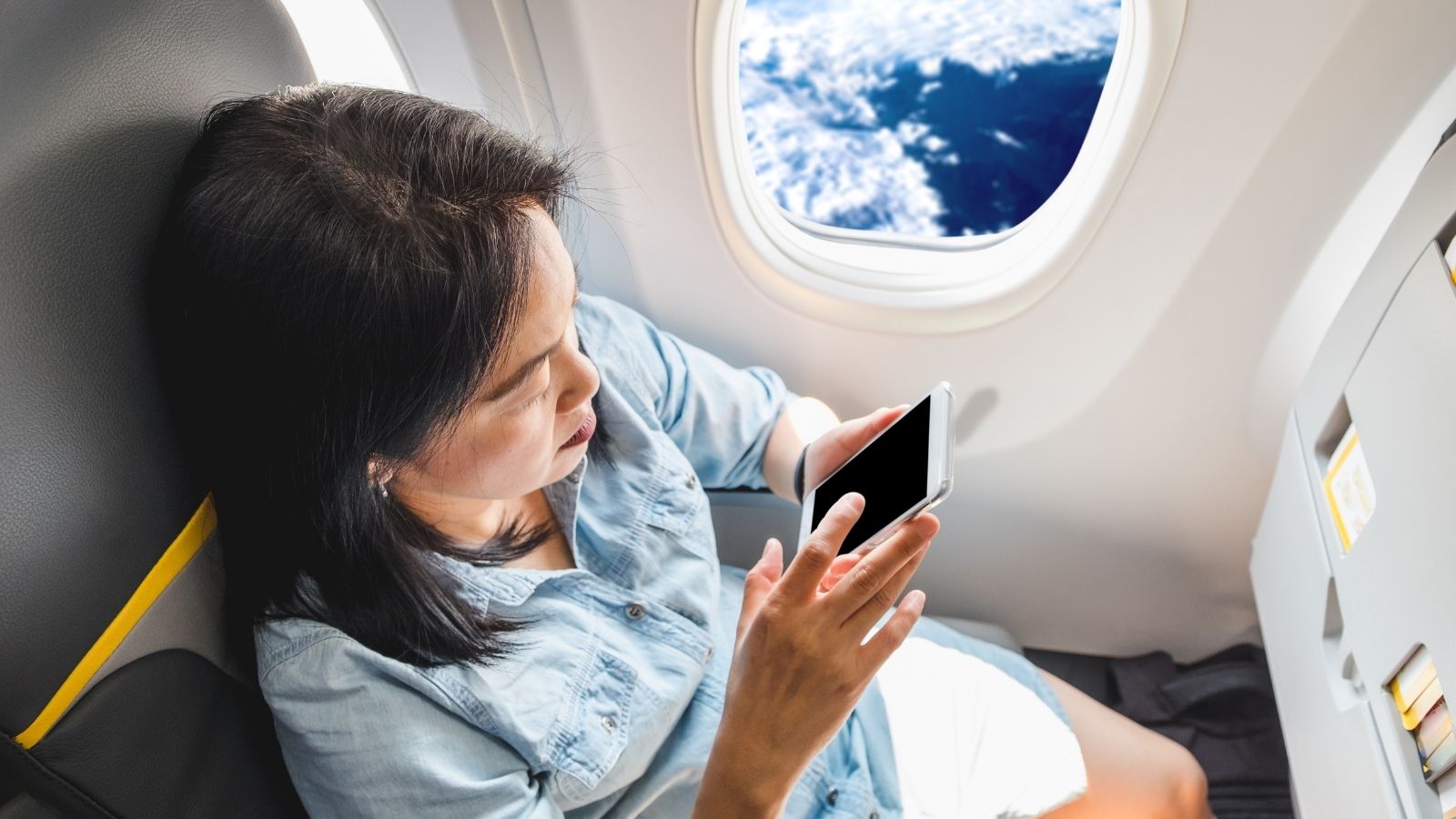
Some destinations now require travelers to download government-approved travel apps, sometimes with mandatory subscription fees. National park permits and digital entry passes have also become more common, especially in eco-sensitive areas. Be sure to check for any app-based requirements before traveling to avoid last-minute hassles.
Health and Vaccination Costs Are Rising
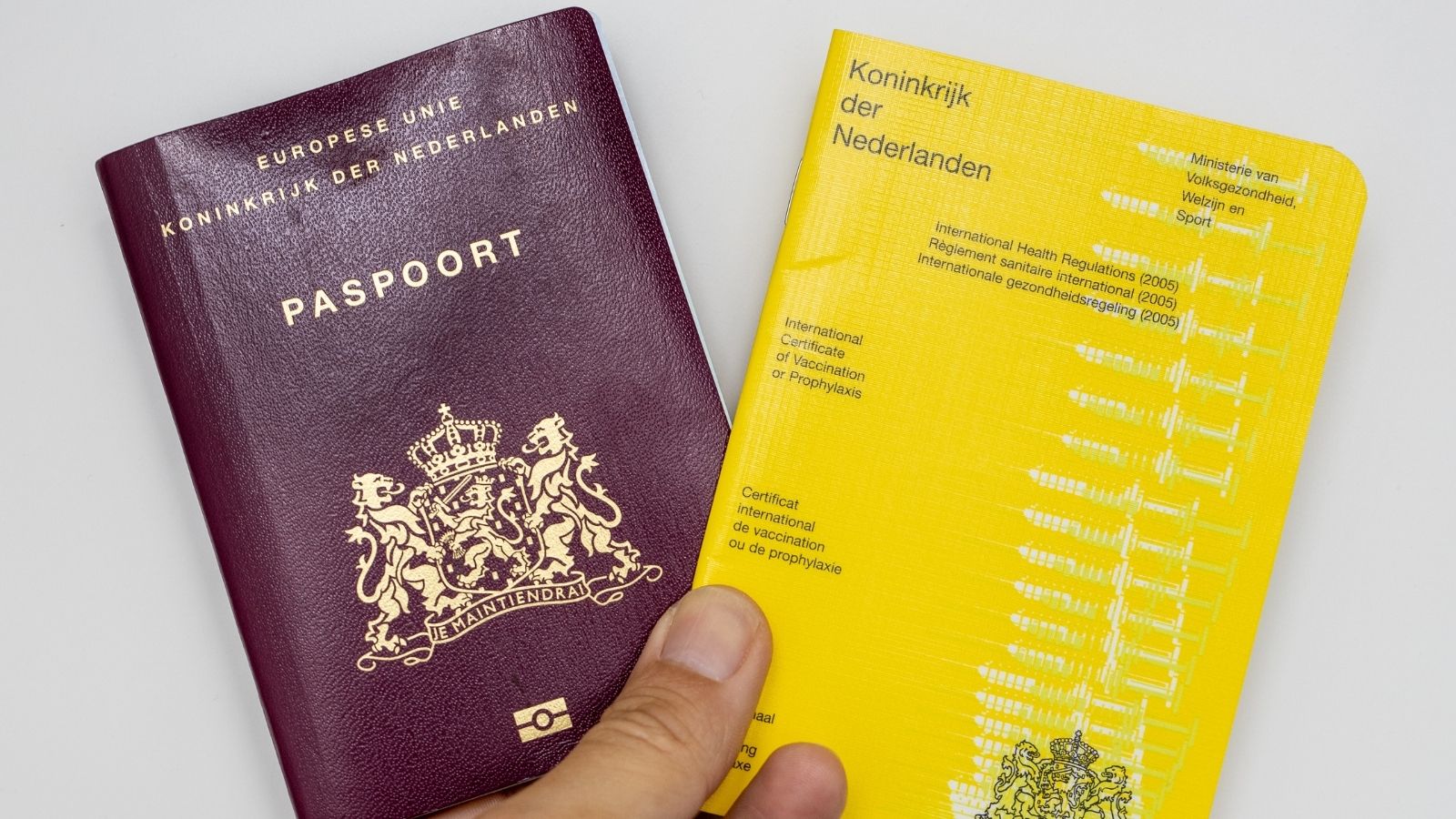
Some countries still require proof of vaccinations, and certain destinations mandate travel health insurance as a condition for entry. If you need updated vaccinations, these can be costly, particularly in private clinics. Factor in medical costs when planning, especially if traveling to areas with higher health risks.
Luggage Storage Fees Are Increasing

Many travelers find themselves needing short-term luggage storage, whether due to early check-outs or layovers. However, storage fees at train stations, airports, and hotels have increased. Some accommodations charge additional fees for holding bags, so check policies in advance.
Hidden Hotel Charges for Basic Services

Hotels are charging extra for services that were once complimentary, such as early check-ins, late check-outs, housekeeping, and luggage storage. Even in-room coffee, bottled water, and WiFi may come at an extra charge, which is why you should read hotel policies thoroughly.
Event and Festival Costs Include Premium Pricing

Attending major events or festivals can lead to surge pricing on hotels, transportation, and dining. Many cities implement “event pricing” models that increase costs across the board. Planning trips outside peak event dates or booking well in advance can help save money.
Weather-Related Travel Disruptions Cost More Than Ever

Climate change has made travel disruptions more common, from flight cancellations due to extreme weather to unexpected delays requiring extra accommodation. Travel insurance helps, but many policies have exclusions for specific weather-related events, meaning you may have to cover last-minute expenses.
Shopping and Souvenir Prices Are Inflated

Many tourist shops mark up prices significantly, especially in high-traffic areas. Airport duty-free shopping isn’t always a bargain, as taxes and markups can make products more expensive than local stores. Shopping at local markets or researching fair prices before buying can help prevent overspending.
Last-Minute Plan Changes Come with a Cost
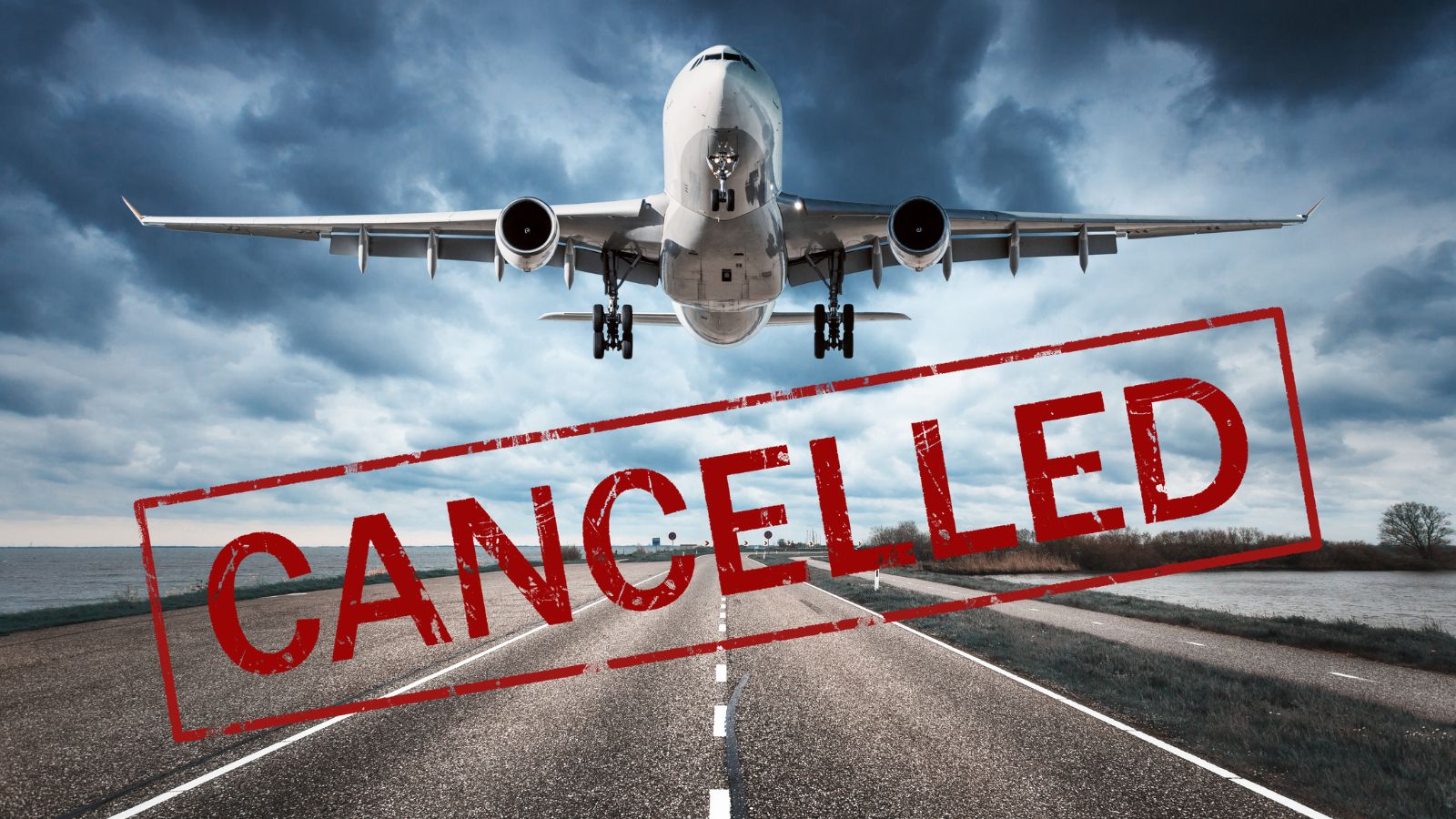
Flexibility in travel plans can be costly. Airlines, hotels, and tour operators now charge higher fees for last-minute changes or cancellations. Even flexible tickets may come with administrative fees. Booking with companies that offer free changes or refundable options can save you from financial headaches.
20 Reasons Why Wealthy Investors Are Looking At The Caribbean

The Caribbean has long been known for its stunning landscapes and vibrant culture, but in recent years, it has also become an attractive destination for wealthy investors. The region offers numerous financial, economic, and lifestyle advantages that appeal to high-net-worth individuals seeking opportunities. Here are 20 reasons why the Caribbean has captured the attention of the global investment community.
20 Reasons Why Wealthy Investors Are Looking At The Caribbean
